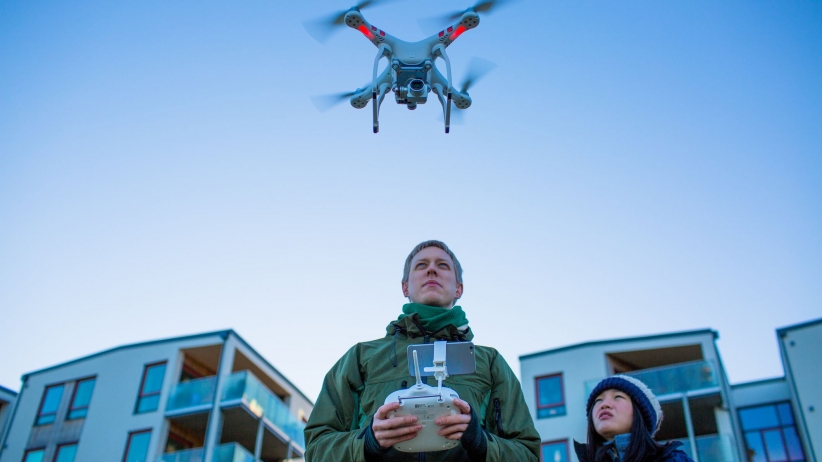
I’ve always loved technology and recently became one of the growing number of Americans to buy a drone. Like many drone operators, I marvel at the current commercial and recreational applications as well as the potential for the future. The FAA estimates there are 1.9 million drones used by hobbyists in the U.S. today. By 2020, this number is expected to rise to 4.3 million, showing the huge growth potential for this fledgling industry.
But before this industry expands further, there are a few very valid concerns we need to address. Even as a newcomer, I can immediately recognize the responsibility drone operators need in regards to safety and privacy. As unmanned aerial vehicles become ubiquitous, the technology will move faster than the laws meant to regulate the industry. Thus, it’s crucial that the drone industry is proactive at self-regulation. This includes collaboration between manufacturers to create an industry standards board to oversee the implementation of enhanced safety software, as well as the education for drone operators, and the public, about drone usage.
This may create more obstacles for the industry’s short term profits, but its long-range sustainability will be given the chance to flourish when the public sees drones as a beneficial tool, not some snooping eye in the sky.
We’ve all heard the stories of drones spying on sunbathing women. As cliché as it is, this happened to my wife while she was on our “private” deck and a drone suddenly appeared above her. While Americans recognize the benefits of drones, especially when used for search and rescue purposes or safety inspection, privacy infringement concerns remain due to misuse of the technology.
The government is trying to keep pace. There are state laws in place that outlaw using a drone to capture images of either a nude or partially nude person. But the keywording in these laws is “capturing images” because states can’t dictate where drones can legally fly. These flight path regulations are determined by the FAA, which doesn’t deal with privacy issues, only airborne safety.
These sets of guidelines and state laws are inconsistent across the country…

